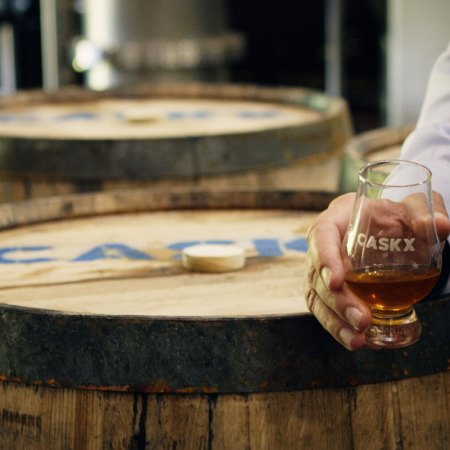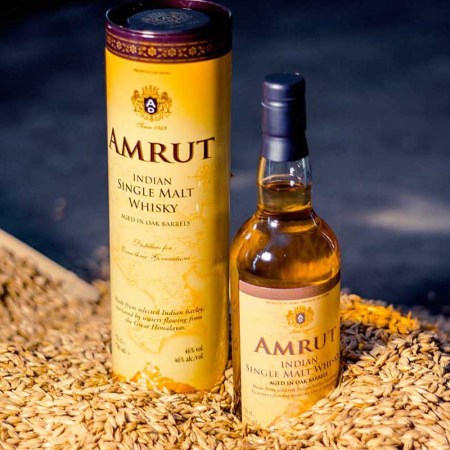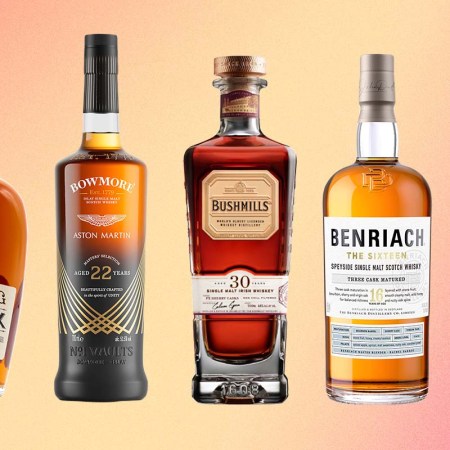We have an important update from our Scotch department.
It’s a good one (barring use of the word “shortage,” they typically are). It is not, however, about drinking it. It’s about saving it for posterity, and the financial well-being thereof.
Rare Scotch is — unsurprisingly — quite valuable. So much so that in 2015, whisky outperformed other commodity-based investments (both wine and gold, e.g.) by a wide margin. The Rare Whisky Apex 1000 rose by a whopping 14% in 2015 according to an analysis by Rare Whisky 101, a UK-based firm that provides data about spirits for drinkers, collectors and investors. Meanwhile, wine dropped 0.4% and gold declined by 10%.
Almost $14 million worth of rare whiskies were sold at auction in the UK last year and, given that seven of the top 10 most desirable distilleries are no longer operational, the aged whisky market should continue to be bullish as demand increases and supply dwindles. “Lower value bottles are becoming ever more visible at auction,” the report says. “Older rarities and higher-end collectibles are continuing to become heavily fought-for, increasingly seldom seen gems.”
Bottle hoarders across the pond aren’t the only ones enjoying a financial boon, though.
Last year also saw a boost in big-ticket booze sales in the U.S., as revenues for bourbon, Tennessee whiskey and rye whiskey combined rose 7.8% to $2.9 billion, per the Distilled Spirits Council. “The positive performance of distilled spirits is the result of many factors, including market modernization, product innovation, consumer premiumization and hospitality tax restraint,” said says Council president Kraig Naasz.
It could also be because they’re delicious. Either way, stock up. Even if the bubble bursts, you’ll have something on hand to help you drown your sorrows.
This article was featured in the InsideHook newsletter. Sign up now.





















